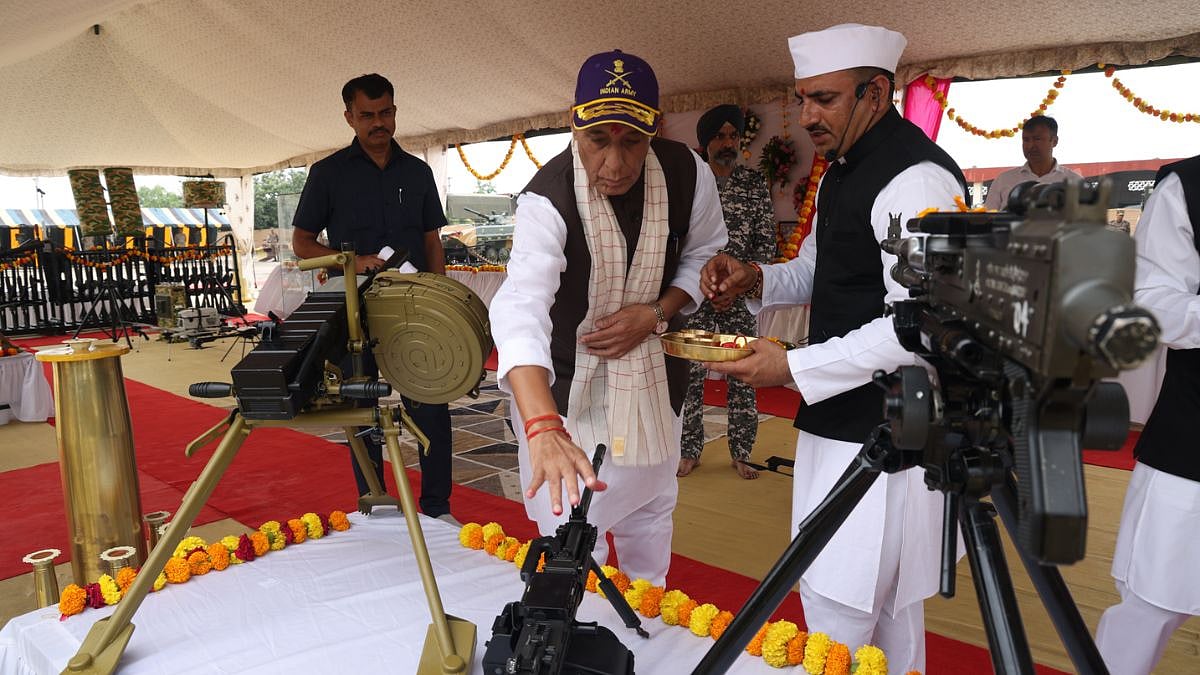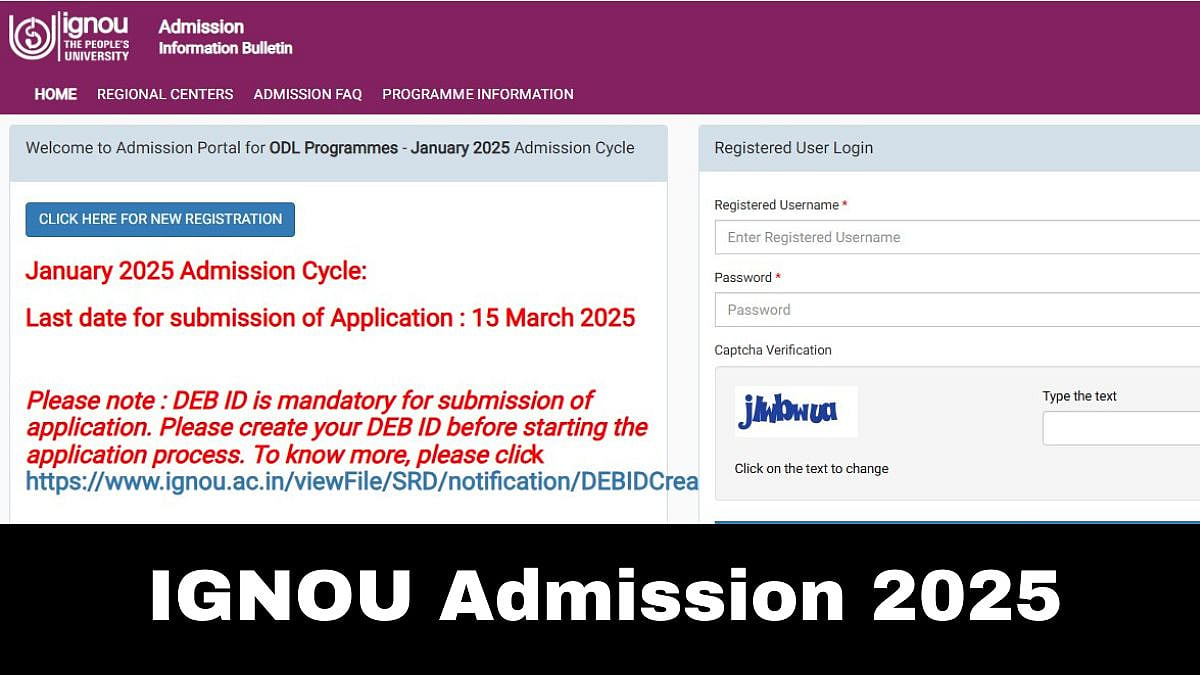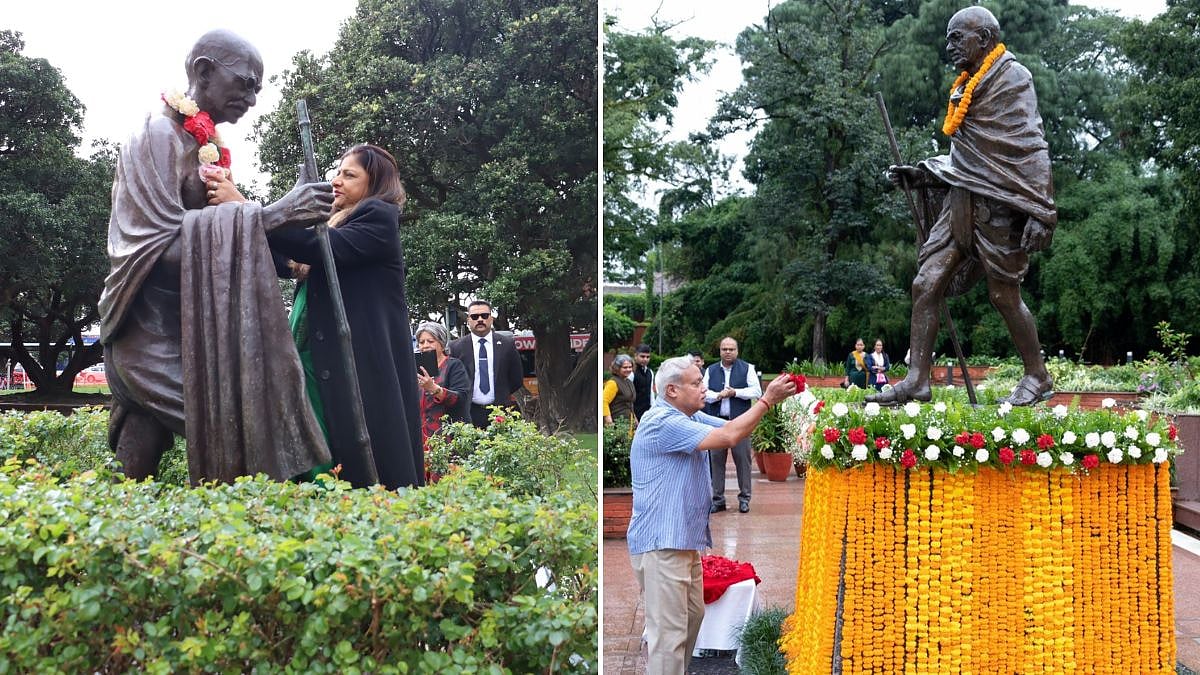Lawyers and activists working on human rights, gender, child rights, and labour rights have all come together to strongly protest the Trafficking in Persons (Prevention, Care, and Rehabilitation) Bill 2021 which the Narendra Modi government is introducing in a tearing hurry in the upcoming session of Parliament.
The Bill sets out to “prevent and counter trafficking in persons, especially women and children, to provide protection, and rehabilitation to the victims, while respecting their rights, and creating a supportive legal, economic and social environment for them.” However, over the broad definitions, a draconian investigation process and penal provisions defeat the very purpose of the Bill, say critics.
The proposal to make NIA the investigating agency is the most worrisome. Prof Babu Mathew of the National Law School of India University (NLSIU) underlines the danger this Bill poses to federalism itself. “The proposal to make the NIA not only the investigation agency, but also the applicability of the NIA Act to the investigation of offences under the Bill is most troubling. This should be a wake-up call to all the states,” he said and flagged the unnecessary inclusion of the death penalty, stringent bail provisions and denying the accused the right to anticipatory bail as violative of the Constitution.
Like the 2018 legislation, the current Bill too “criminalises vulnerable individuals in the absence of comprehensive policies, programmes and measures that address factors that make persons vulnerable to trafficking,” says the critique by the Coalition for an Inclusive Approach on the Trafficking Bill.
Madhu Bhushan of the Gamana Mahila Samuha, Bengaluru, which works with sex workers communities across Karnataka said: “With its new broad and vague definitions, the Bill makes consent of individuals irrelevant while determining the offence of trafficking, stripping adult workers of their agency and ability to make choices in a situation of lack of opportunities to earn a livelihood.”
In another attack on the heart of criminal jurisprudence, the Bill completely removes presumption of innocence. “Removal of the presumption of innocence directly impacts crucial fundamental right to life and liberty guaranteed in Art. 21 of the Constitution,” said Arvind Narrain, Alternative Law Forum.

Another problematic aspect of the Bill is that it makes ‘abetment’ liable for the same punishment as the offence itself. When these terms, including ‘promotion,’ ‘procurement” and ‘facilitation’ are vague and ill-defined, it allows tremendous over-reach and misuse by law enforcement agencies.
According to Shruthi Raman, evidence analysed by the Centre for Child and the Law, NLSIU shows that mandatory reporting of criminal offences regardless of the consent, can have negative consequences for victims. The proposed Bill does not provide any exception for failure to report. Mandatory reporting will also have a chilling effect on investigative journalism.
“Violations of the right to privacy and restricting the right to carry out research or journalism with criminal provisions strike at the roots of the right to freedom of expression,” said Geeta Seshu of the Free Speech Collective.
Ayeesha Rai of the National Network of Sex Workers underlined how the new Bill will compound the dangers of those in sex work. “Adult sex workers, already a vulnerable section, will be adversely impacted, since the basic problem with the Bill is that it treats victims of human trafficking on par with adult persons in sex work. Trafficking of persons into forced or coerced labour (including sexual exploitation) should not be equated with sex work undertaken by consenting adults. This conflation could lead to misuse and over-broad application of the provisions in the Bill,” she said.
The Bill was first made public on July 4th by the Ministry of Women and Child Development (MWCD) and NGOs and activists were asked to provide reactions and commentary by July 14th. Curiously, the Lok Sabha website put it out that this Bill is up for introduction, consideration, and passage on July 12th itself. On July 15th the Rajya Sabha will do the same.









